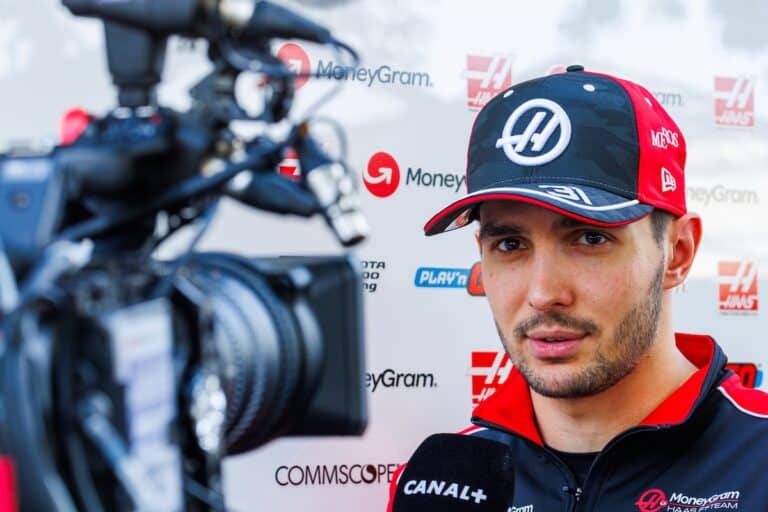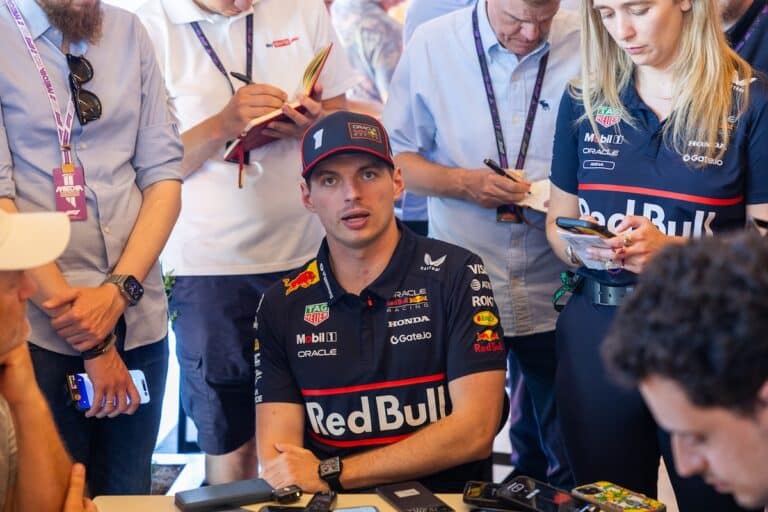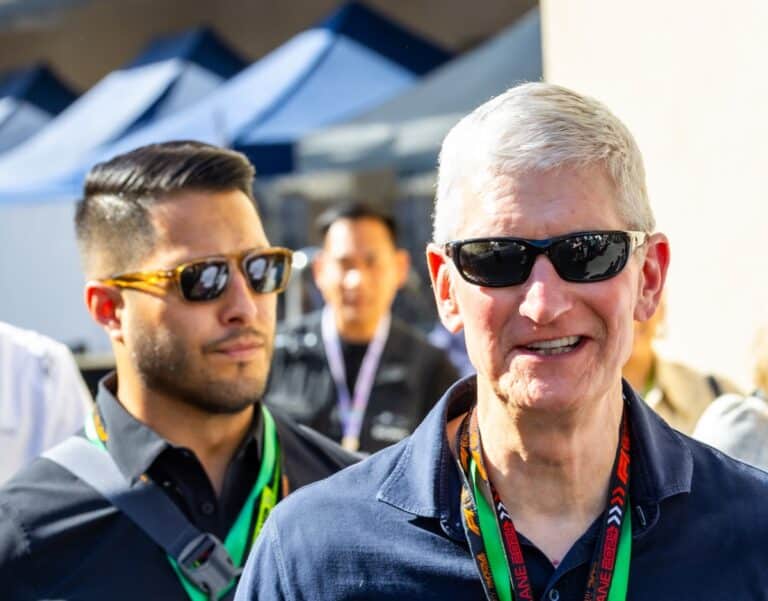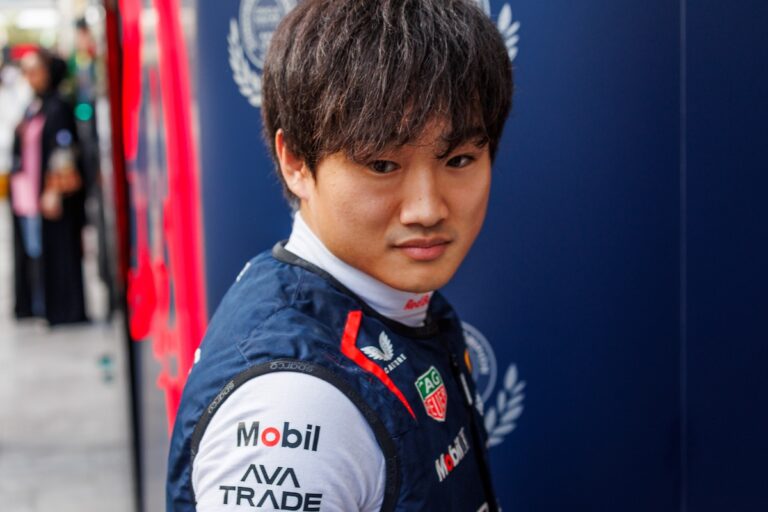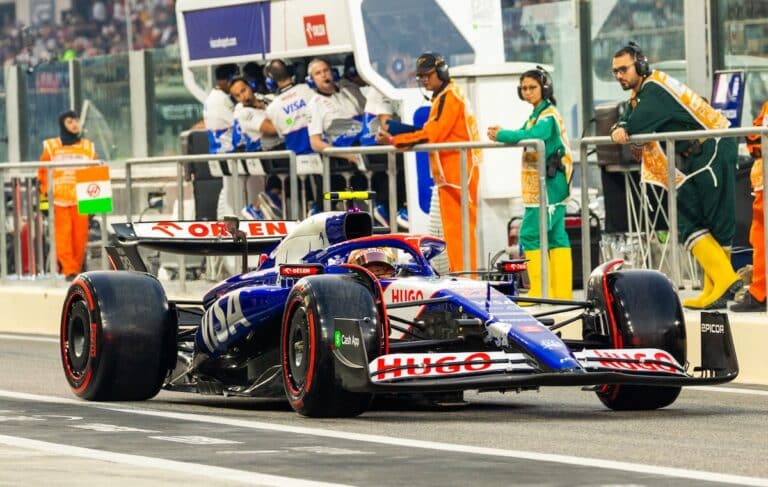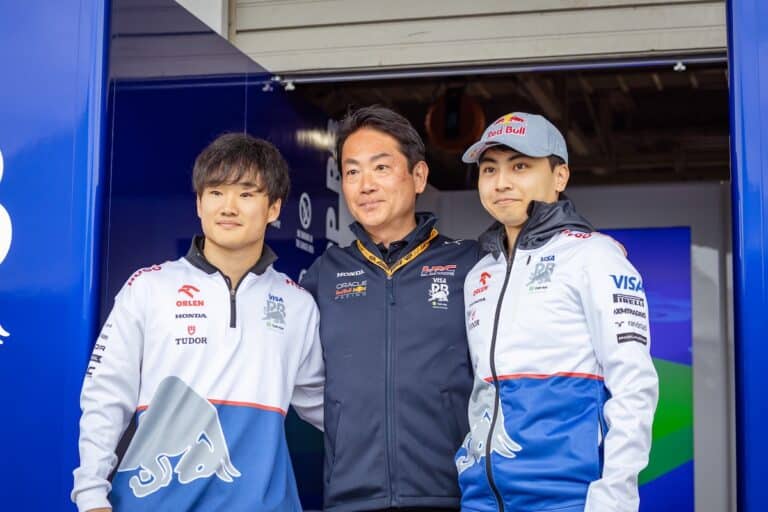Leading the Charge: An Exclusive Interview with Oliver Oakes
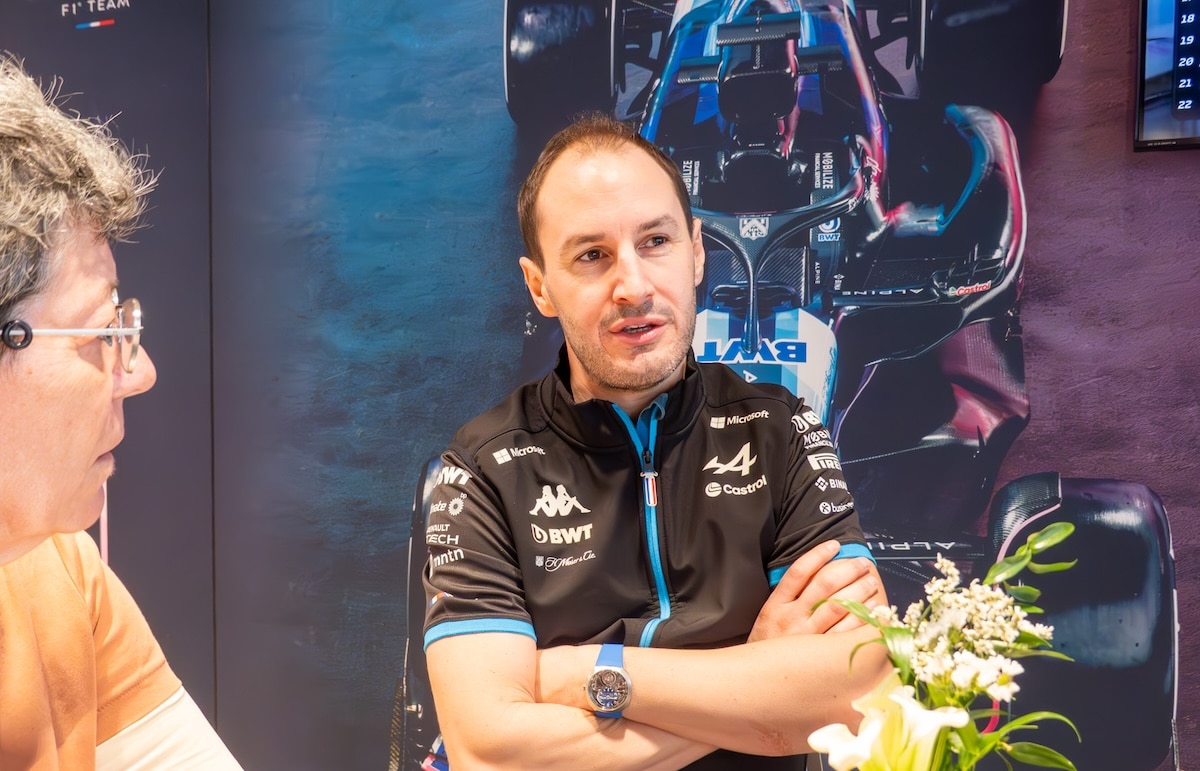
In the high-stakes world of Formula 1, leadership is as critical as engineering, and few embody the balance of vision and passion like Oliver Oakes at Alpine F1, one of the sport’s youngest team principals. From an early start in motorsport to guiding teams through the fiercely competitive F1 landscape, Oakes has carved out a reputation for strategic thinking and a relentless drive for progress. In this exclusive interview, Oliver Oakes shares their journey, insights into team dynamics, and aspirations for the future, offering a rare glimpse into what it takes to lead at the pinnacle of racing.
Q: You’ve described your role as intense yet exciting. How did you first meet Flavio and Luca, and how did that relationship lead to your current position?
A: I’ve known Flavio for quite a while through various junior racing programs. Before managing my own team, I coached several young drivers from F1 teams, which brought us into similar circles. However, I only got to know him closely through this role. Together with Luca, we form the leadership of the team. Flavio’s experience is incredible—he hasn’t just built a team once but multiple times. For him, this team and its home at Enstone are deeply personal. Working with such passionate leaders makes the journey truly exciting.
Q: What made you decide to take on the role of team principal?
A: It wasn’t an impulsive decision. Over the past 18 months, I’ve had other opportunities in F1, and Flavio and Luca were always in touch. This specific role felt right—not just because of the position but because I believed in the chemistry and shared vision with the team. For me, taking this role was about ensuring I could make a meaningful difference while working alongside like-minded people who share my passion for racing.
Q: You started racing at a young age. What sparked your interest in motorsport?
A: I began karting at four, thanks to my father. He was passionate about racing and had some experience in single-seaters. From a young age, he encouraged me to try motorsport. Between ages four and seven, I dabbled in both karting and motocross before ultimately falling in love with four wheels. That early exposure shaped my path, leading me through karting, Formula racing, and eventually to managing and coaching young drivers.
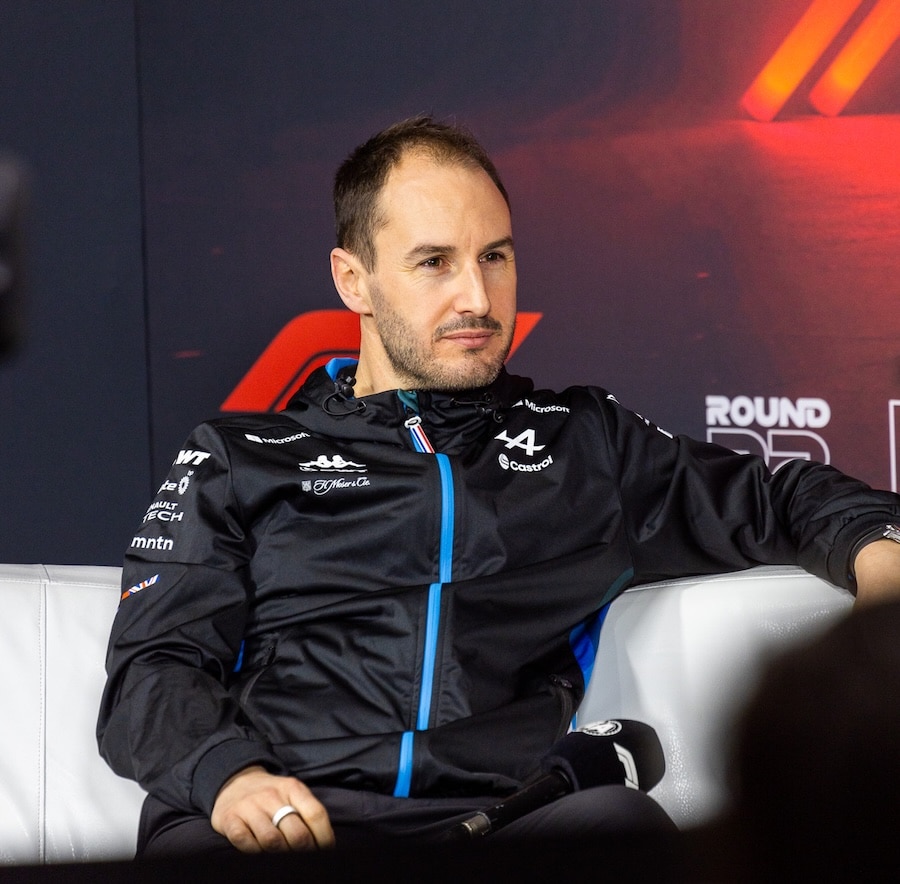
Q: You’re one of the youngest team principals in F1 history. How does that impact your approach?
A: It’s an interesting dynamic. While I’m often labeled as the youngest in the paddock, I don’t feel “young.” My journey through racing—from competing as a driver to working with young talents—has been long and diverse. What matters most isn’t age but responsibility. Leading a team with such a rich history is a privilege, and my focus remains on steering the team toward continued growth.
Q: When you arrived, did you bring new personnel, or did you focus on the existing team?
A: I was fortunate to inherit a strong group, including our technical director, David Sanchez, and other experienced team members. My approach wasn’t to overhaul the team but to provide a different leadership style and a clear vision. While we’ll add a couple of key individuals in the winter, the core talent was already here. My job is to harness that talent, provide direction, and build momentum.
Q: What’s the biggest challenge in balancing progress for 2025 and preparing for the regulation changes in 2026?
A: Balancing is key. Progress in 2025 is critical, but we also need to lay the groundwork for 2026 without compromising either. The midfield is fiercely competitive, and as we’ve seen, small improvements can yield significant results. It’s about strategic planning—pushing forward while being mindful of the resources required for the long-term goal.
Q: Your team has made some remarkable progress. What moments stand out for you this season?
A: Brazil was a big moment—it was the team’s first major milestone since 2014. On a personal level, my first race with the team at Zandvoort was unforgettable. It was a crash course in getting to know everyone and adapting quickly, but the support from the team was incredible. That weekend, we earned points, and it set the tone for the journey ahead.
Q: You are working with talented drivers like Pierre and Esteban. How do you view their impact on the team?
A: Both Pierre and Esteban bring unique energy to the team. Pierre’s recent performances, including Q3 appearances, have shown his determination. Esteban is fiery and equally driven. From day one, they’ve been vocal about pushing the team to improve, and their feedback has been instrumental in our recent progress. Seeing their joy after successes like Brazil underscores their commitment.
Q: What led to the decision to switch to Mercedes engines for 2026?
A: The decision predates my tenure, but I fully support it. While it’s emotional, given our history as a works team, the move aligns with our ambitions. To climb the grid, we need the most competitive power unit. It’s a statement of intent—showing that we’re here to compete and innovate. The transition reflects our broader commitment to building a better car and improving as a team.
Q: Where do you see the team in five years?
A: It’s hard to predict, but the goal is clear: to consistently perform at a high level. Winning in F1 requires more than talent; it demands patience, hard work, and unity. Over the last few weekends, we’ve shown glimpses of what we’re capable of. Now, it’s about sustaining that momentum, refining our processes, and building toward long-term success.
Q: You have ties to Japan through your work with Honda and Toyota. What draws you to Japanese motorsport?
A: Japan has a rich racing history, from Super GT to Super Formula, which I’ve always admired. I’ve worked with several Japanese partners and drivers, and their passion for motorsport is inspiring. Racing in Japan feels special—it’s technical, competitive, and deeply rooted in tradition.
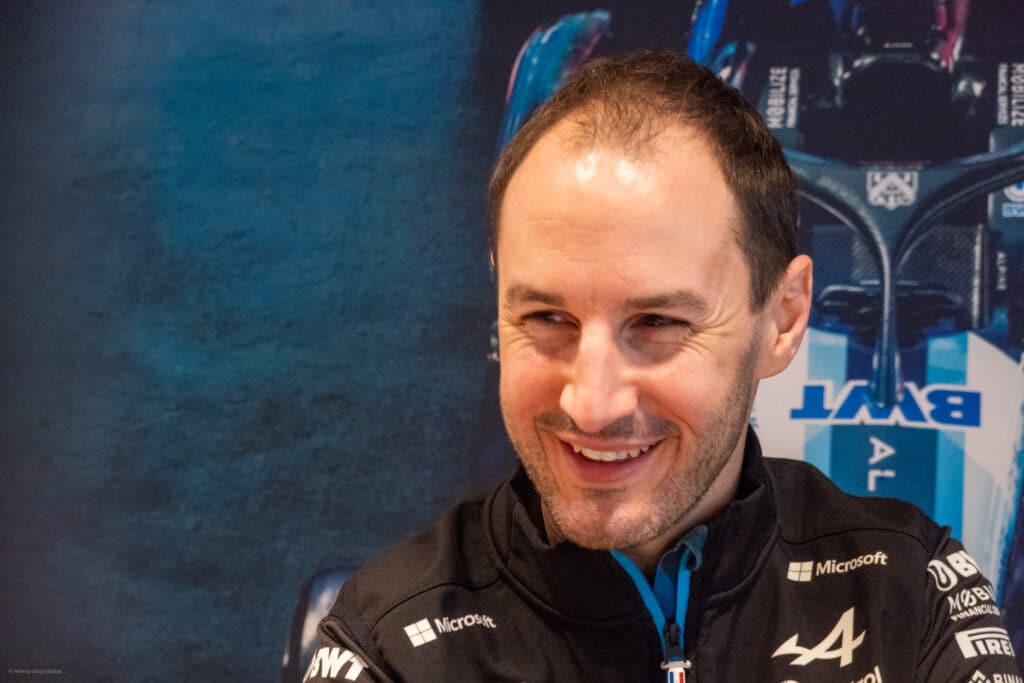
Q: Finally, what are your expectations for next season, particularly for Jack?
A: Jack has immense potential, and we’ll support him as he transitions into his role. F1 is challenging, but he has the talent to succeed. That said, he must seize the opportunity—it’s a privilege to be among the 20 drivers on the grid. With the right support from the team, I’m confident he’ll rise to the occasion.
Closing Note: Thank you for sharing your insights and passion. Best of luck with the journey ahead!
Read also:
- Esteban Ocon Bids Emotional Farewell to Alpine Following Unexpected Exit
- Ben Sulayem’s Answer to Drivers: “We Don’t Follow Other People’s Rules”

